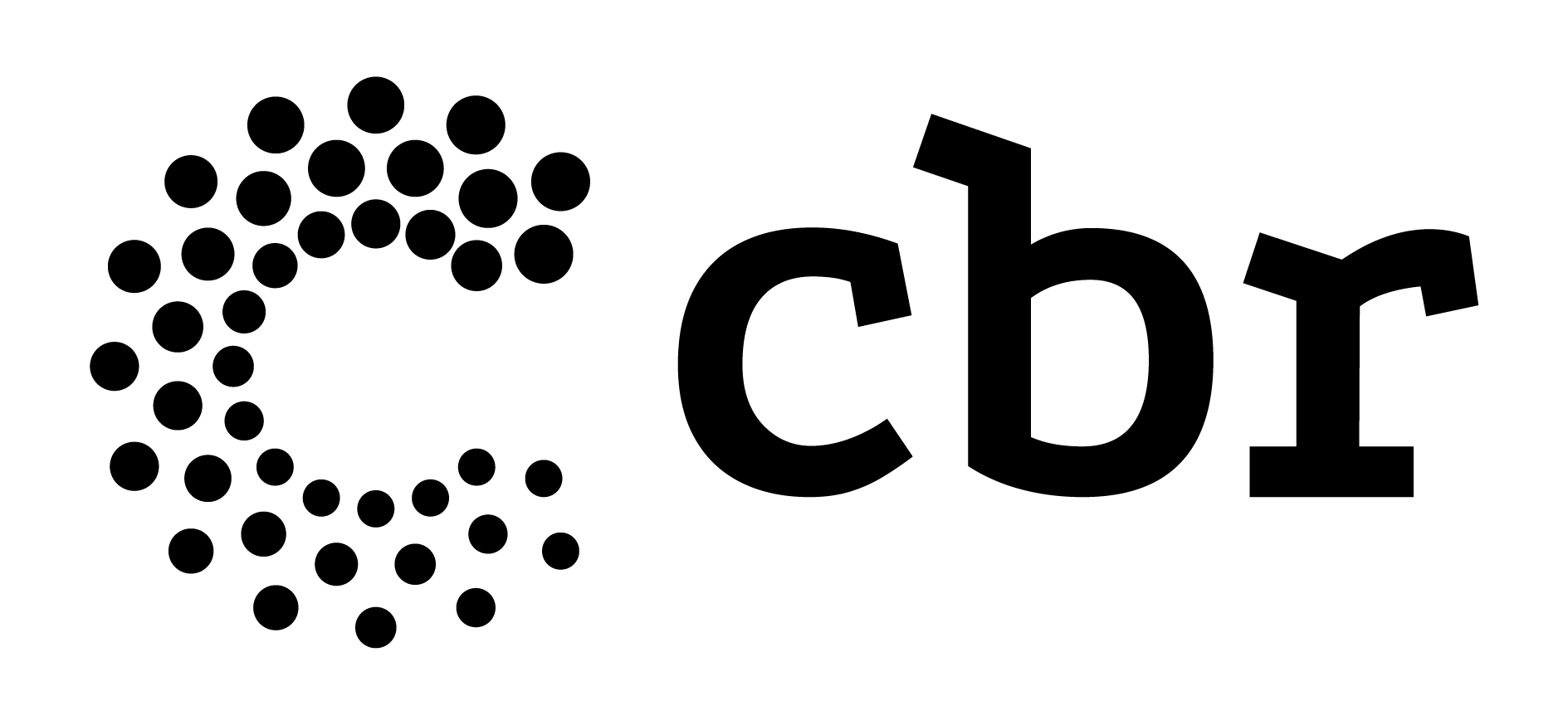We have been monitoring cases of glosses from 30% to 40% of the entire volume served in various parts of Brazil. One of the largest supplementary health operators in the country imposed the use of a token to confirm requests for consultations and exams with the justification of promoting more security, technology and transparency, allowing beneficiaries to confirm the requested procedures on their behalf.
The ANS (National Health Agency) TISS (Supplementary Health Information Exchange) standard already met the above need, but what we noticed is one more unnecessary step for patients to carry out their exams smoothly.
The impact for beneficiaries is visible, with an increase in queues at clinics and negative exams, as beneficiaries are facing difficulties in receiving this number and passing it on to the responsible professional at the time of the service.
For service providers, the implementation of the VEM token increases the average service time, which directly impacts the cost increase due to the dimensioning of the number of attendants. Another extremely impactful point is that the entire structure is available to the patient who was scheduled for that time and, when he cannot use the token, the exam and the time are lost, they become “empty”.
We also identified reports of elderly patients who are left without care. As they do not understand that this new imposition comes from their healthcare provider, they are angry because they prepare for the exam, bear all the cost of getting to the location and are not attended to.
Consumer Defense agencies and the Public Prosecutor's Office need to be aware of these unjustified abuses. Many have been penalized in their care, especially the elderly, since, in general, they are the ones who are less familiar with new technologies.
To complement: the report by the clinics is that the operator in question, not satisfied with the large volume of glosses it caused to providers, threatens not to accept appeals from such glosses and claims that they are not appealable because there was an electronic “acceptance” of the use of the token by providers.
This “accepted” was a screen that appeared to the clinic invoicer informing that he accepted the use of the token when he tried to deliver the billing for the month. Many invoicers, uninformed, in order to proceed with the delivery of the billing and not miss the delivery date of their schedule, electronically accepted such a “document”.
We understand that there is no legality in this electronic document. This item must be negotiated with the legal representative of the clinic and an addendum to the contract signed by both.
In summary: what we are seeing is the old way of forcibly implementing change. Create a very large gloss, threaten not to pay, leave all the focus and attention on this matter, then make the concession to allow the provider to refuse these amounts as a gloss, completely missing your receipt deadline. The provider, relieved to be able to recover a possible loss, loses focus on discussing the absurdity of implanting the token!
CBR Economic Advisory




